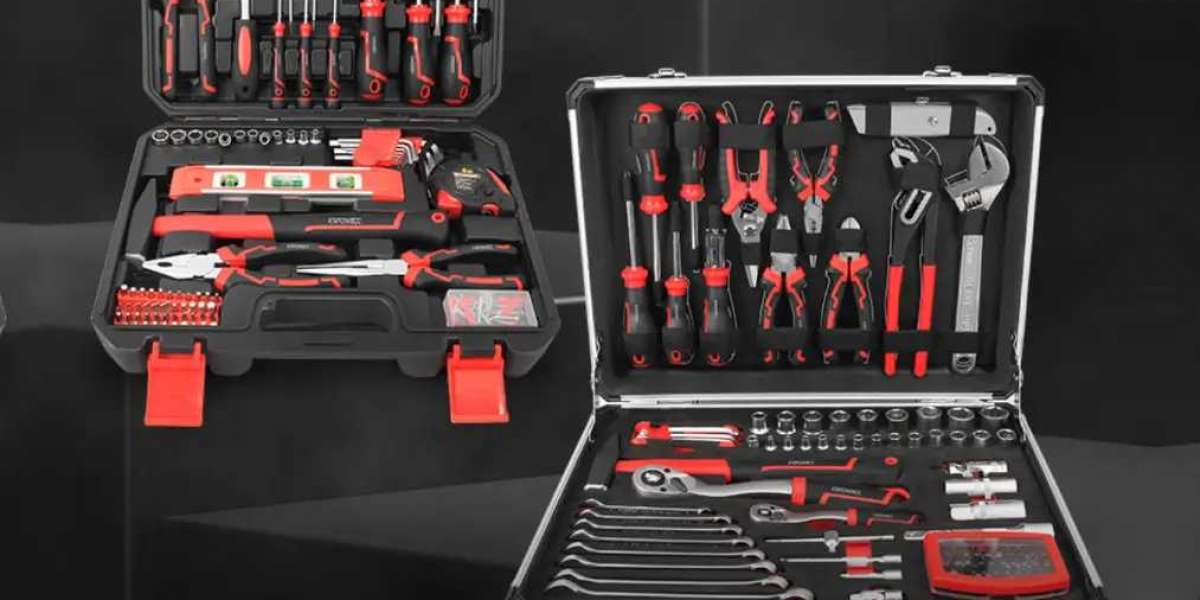OEM tools, also known as Original Equipment Manufacturer tools, are specially designed tools that match the exact specifications and quality standards set by the manufacturer of the vehicle or machinery. These tools are used to ensure proper service, maintenance, and repairs without compromising on performance or safety. When technicians or professionals use OEM tools, they are relying on equipment that is built for accuracy, durability, and consistency.
Difference Between OEM Tools and Aftermarket Tools
One of the key distinctions in the world of tools is the difference between OEM tools and aftermarket tools. OEM tools are produced by the original maker of the equipment, which means they are designed to perfectly match the machinery they are used on. Aftermarket tools, while often cheaper, may not always provide the same fit, function, or reliability.
Using OEM tools helps reduce the risk of damage, errors, or improper repairs. Technicians working with modern vehicles, especially those with sensitive electronics and tight tolerances, often prefer OEM tools because they ensure the job gets done right the first time.
Why Technicians Trust OEM Tools
Professional technicians and auto mechanics depend heavily on the reliability of their tools. OEM tools offer peace of mind because they are tested and approved by the original manufacturer. These tools often come with features that make servicing specific vehicle models easier and more efficient. This includes exact torque settings, custom shapes, or integrated functions that aren’t always found in generic tools.
Using the right OEM tool can also save time. For example, a specialized OEM socket or wrench might fit in a tight engine bay space where a standard tool cannot. This helps improve workflow and productivity in professional garages.
Benefits of Using OEM Tools in Workshops
Workshops that invest in OEM tools often experience a higher level of customer satisfaction. That’s because these tools help ensure that every repair or adjustment is done to factory standards. Whether it’s a diagnostic tool that communicates directly with a vehicle’s computer or a precision torque tool calibrated to manufacturer specs, OEM equipment gives technicians an edge in quality and performance.
OEM tools also tend to last longer. Their materials and construction are often more robust because they’re designed for professional use. With proper care, many OEM tools can last for years, making them a smart investment for serious mechanics and repair shops.
How OEM Tools Support Safety and Performance
Safety is a top priority in any repair or maintenance setting. OEM tools play a key role in maintaining safety standards because they are built to work precisely with the systems they were designed for. This is especially important in areas like brake repair, engine diagnostics, or suspension adjustments, where even small errors can have serious consequences.
Because OEM tools follow the original design of the manufacturer, they help preserve the performance and integrity of the machine or vehicle. When parts are installed or removed using the right tools, there’s less wear, and the risk of part failure is greatly reduced.
Where OEM Tools Are Commonly Used
OEM tools are not limited to the automotive industry. They are used in aviation, heavy equipment repair, marine maintenance, and industrial machinery as well. Anywhere precision and reliability are critical, OEM tools are a preferred choice. Technicians working in these industries often have access to a full range of OEM diagnostic, hand, and power tools that are made specifically for the equipment they service.
In the automotive world, OEM tools cover everything from engine timing sets and transmission tools to brake caliper presses and suspension alignment tools. Many of these tools are essential for working on modern vehicles with complex systems and electronics.
The Role of OEM Tools in Modern Vehicle Repair
Modern vehicles are equipped with advanced features, including complex electronics, emissions systems, and hybrid or electric powertrains. OEM tools are designed to interface with these systems without causing damage or interference. For example, an OEM scan tool can access proprietary data and error codes that generic scanners might miss. This allows technicians to make accurate repairs based on full system access.
OEM tools are also regularly updated to reflect changes in new vehicle models, which means technicians using these tools stay current with evolving technology. This is especially important in today’s fast-changing automotive landscape.
Conclusion
OEM tools are essential for anyone who values quality, safety, and performance in repairs and maintenance. Whether it’s a small shop or a large dealership, the use of OEM tools can lead to better results, fewer errors, and higher customer satisfaction. Their precision, durability, and compatibility make them the go-to choice for professional technicians across many industries. Investing in OEM tools is not just about having the right equipment—it’s about doing the job the right way, every time.
Website: https://www.kafuwell.com/




